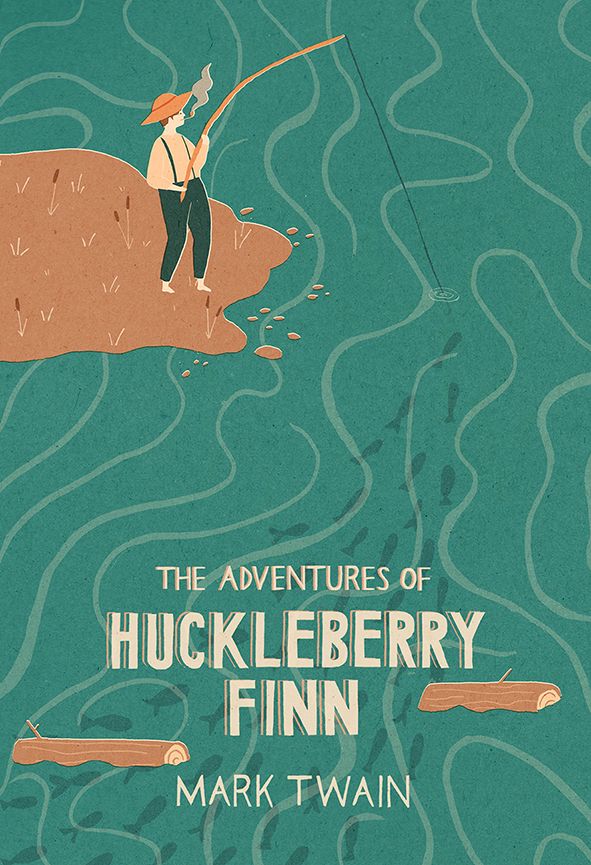ENGLISH 11 HONORS
|
Vocabulary
American Literary Movements
Summer Reading Packet: The Catcher in the Rye by J.D. Salinger
Research Paper/MLA Nonsense
|
WELCOME!
English 11 Honors is a Language Arts course devoted to an intense, in-depth study of American Literature that parallels your study of U.S. History. At its core, this course will explore the vast range of possible answers to the essential question: “What is an American?” As we move through the literature we will also attempt to answer such subsidiary questions as is the dream valid or realistic? Is it available to all Americans? What is the "price" for buying the Dream. What makes a work American? How do writers represent what it means to be American? How does historical context inform the narrative? How are gender, race, class and education represented in these texts?
Given America's history, we will discover that this question is as broad as it is compelling. From the "discovery" of America in the 15th century to the beginning of the 19th century, the world changed from one dominated by religious beliefs to one shaped by scientific knowledge; governments evolved from absolute monarchies to democracies; and men and women began to think of themselves in a new and different way, not as peasants attached to the land or a lord but as free people with the right of self determination. In other words, America began and developed against an idea of what was possible as opposed to an experience of what had always been.
American literature was born out of these unprecedented times, and it is therefore, equally unprecedented, bearing the stamp of the historical periods in which it was conceived and developed. This literature as it developed over the first 300 years, was influenced by a number of factors. Certainly, like America itself, American literature is a "melting pot," a complex fusion of the native cultures, of the original settlers and of the many groups of immigrants who populated the new land. It was also influenced by the very existence of the wilderness, vast stretches of land populated by native American peoples who were alternately inspiring and frightening. The first settlers in New England brought with them an intense religious belief and a piety that has seldom been equaled in religious history, along with ideas about morality and conduct that permanently affect how Americans think and feel and how American writers write. Enlightenment philosophy imported from Europe took root in America and grew to shape its founding documents and spur a revolution that changed the world. From this sea of change came a literature of revolution and rights - and a new mythology.
By studying this literature within a chronological, perspective, students will examine attitudes, behavior patterns, and ideals that define and reflect American culture and give insight into the American experience. As we move through the literature we will stop to examine and define the ever-shifting, ever-evolving American identity - its enduring themes and its many paradoxes. We will see how the mark of our national progenitors remain deeply rooted in the American consciousness.
Our work will highlight aspects of rhetoric, with emphasis on analytical reading, writing, and presentation approaching a college level course of study. You will think critically, with curiosity and analysis as you study a variety of works and write in a variety of disciplines. You will discuss and debate the work; you will develop organized and intelligent essays and produce creative projects; and you will present your knowledge and vision to your peers.
At the end of this course, you should be able to answer the essential question for yourself, synthesizing your understandings of our national experience, our national identity, and your own personal interpretation of the philosophies set forth by a variety of voices in a variety of periods. In the end you will respond to the prompt "What kind of an American am I?"
|




